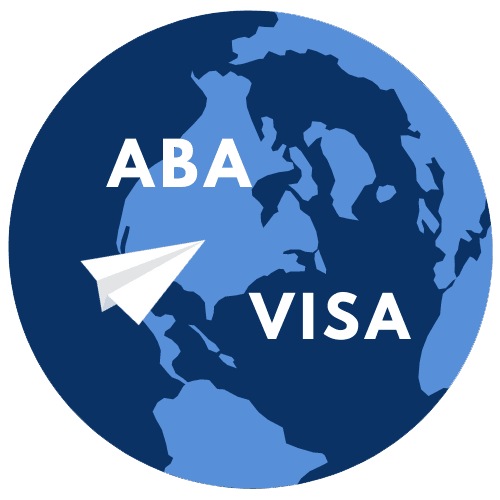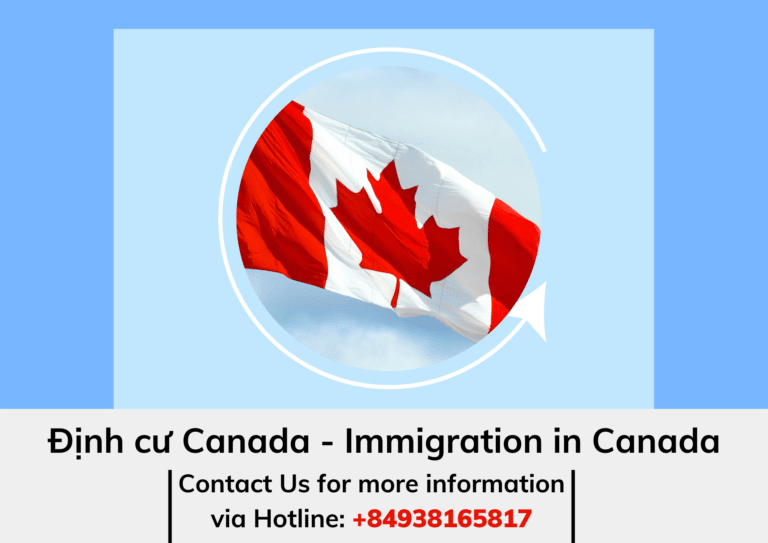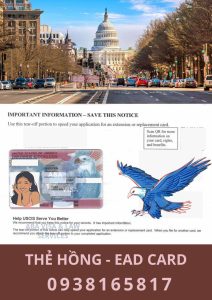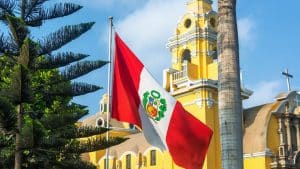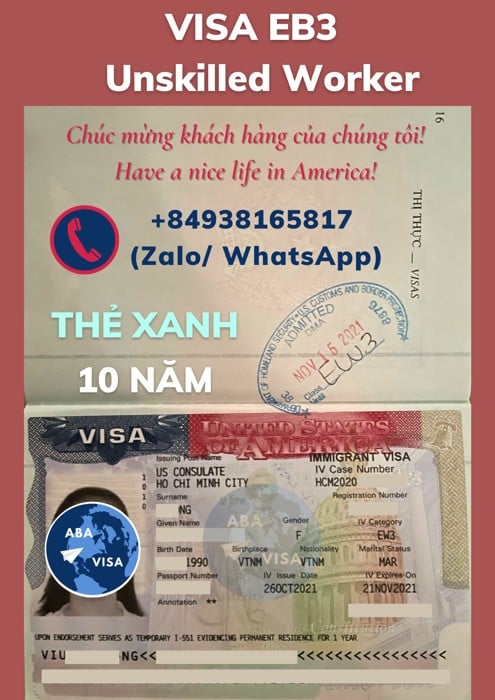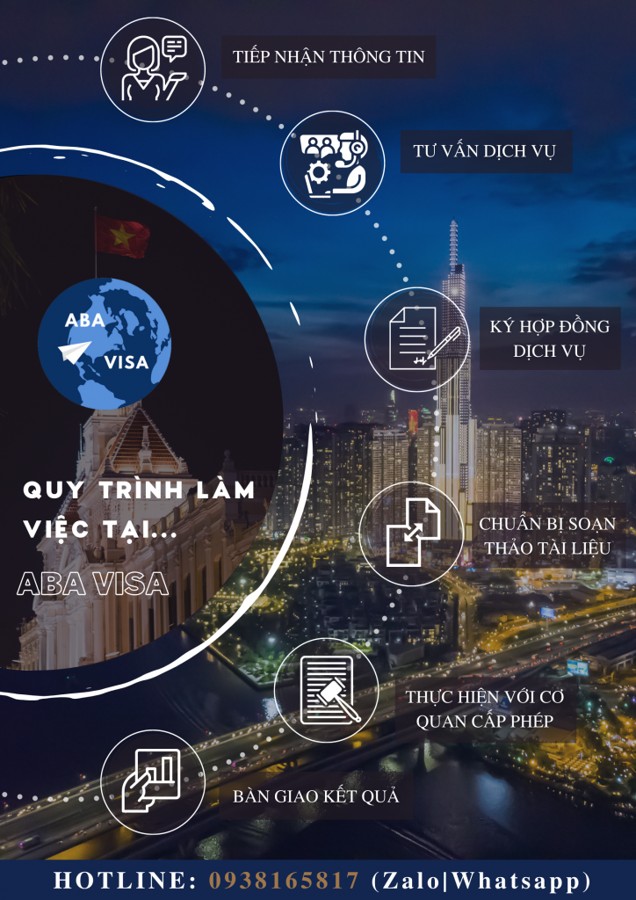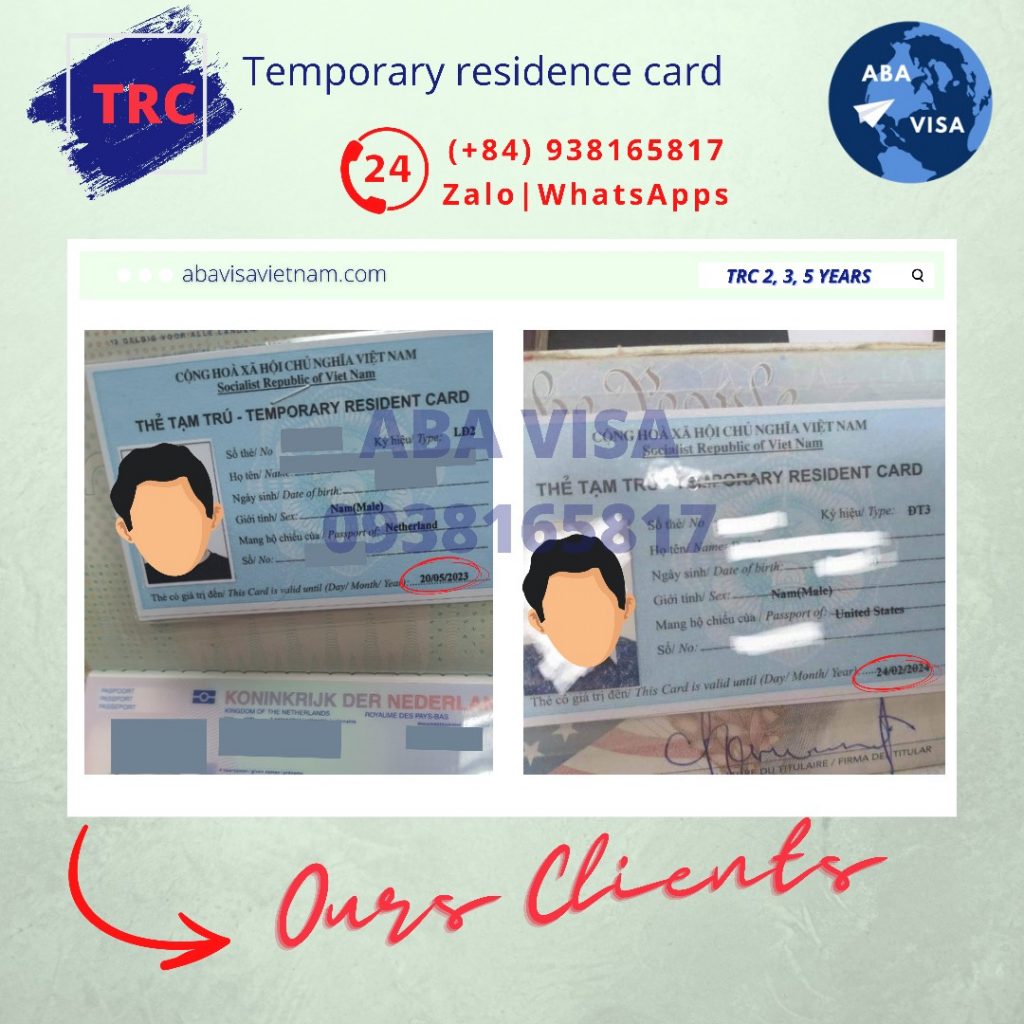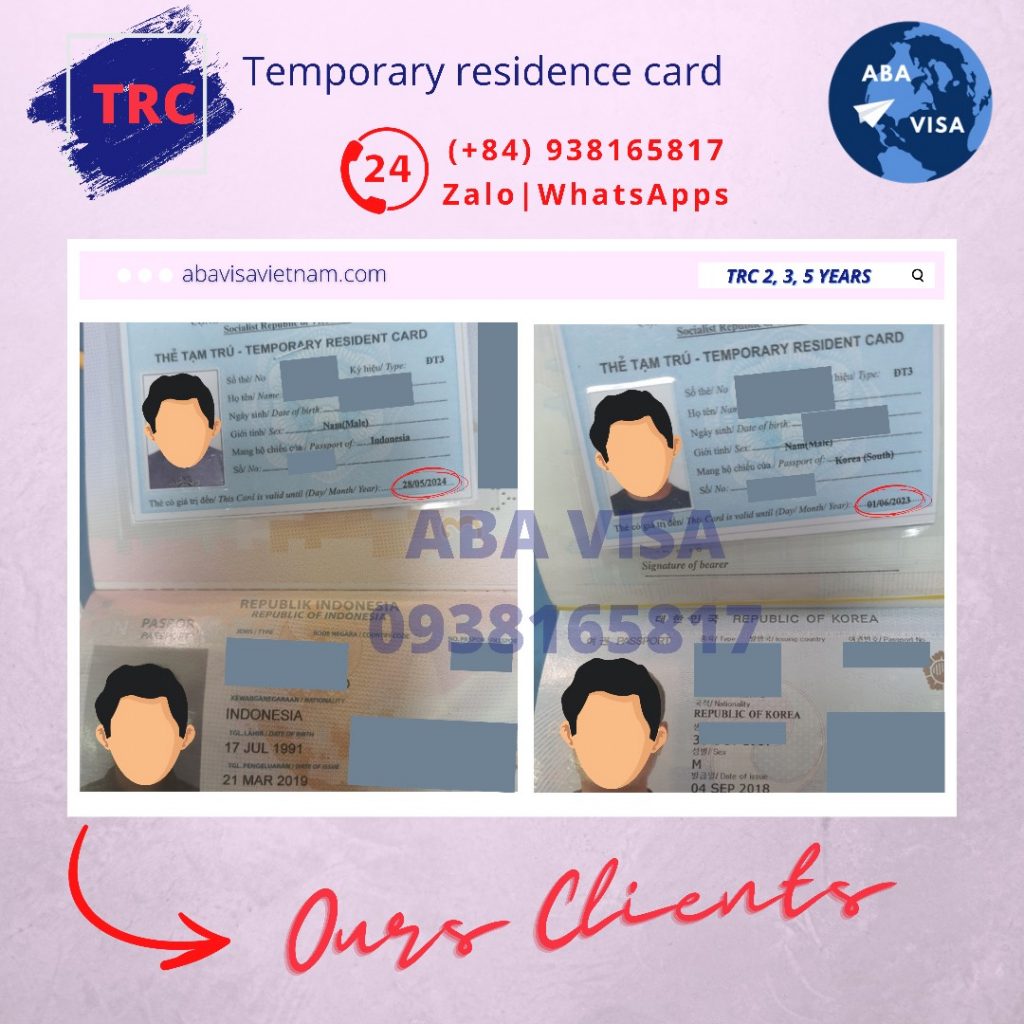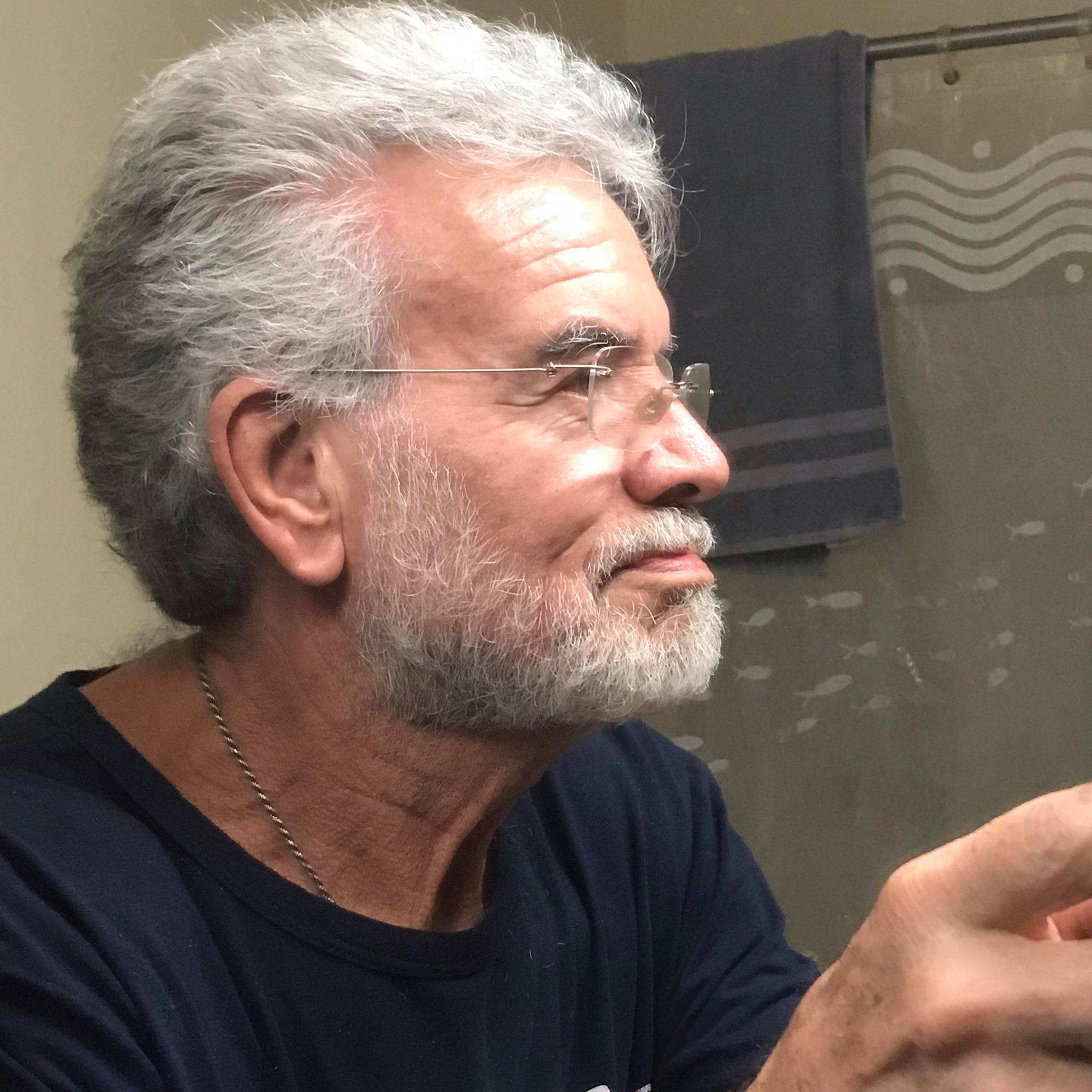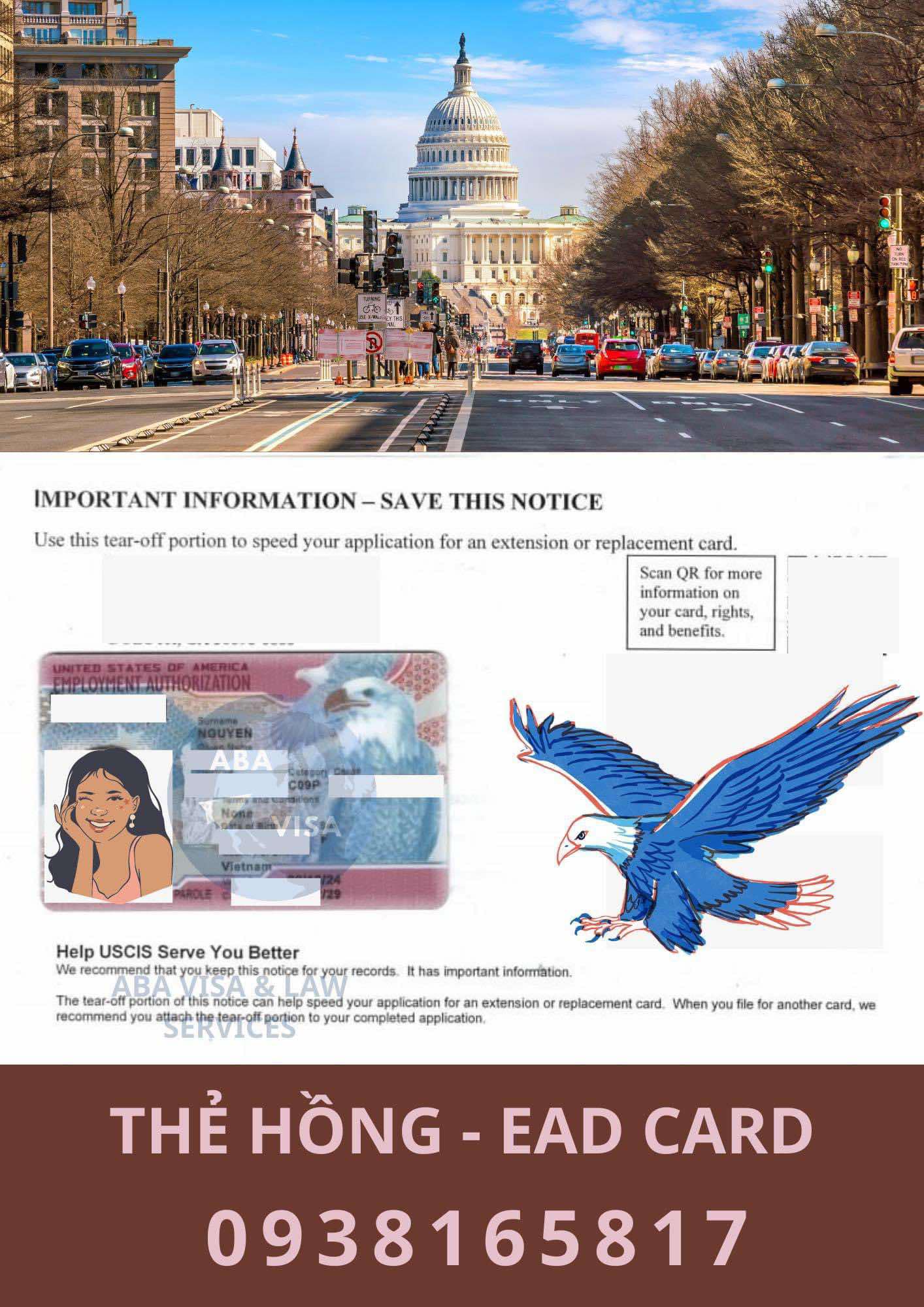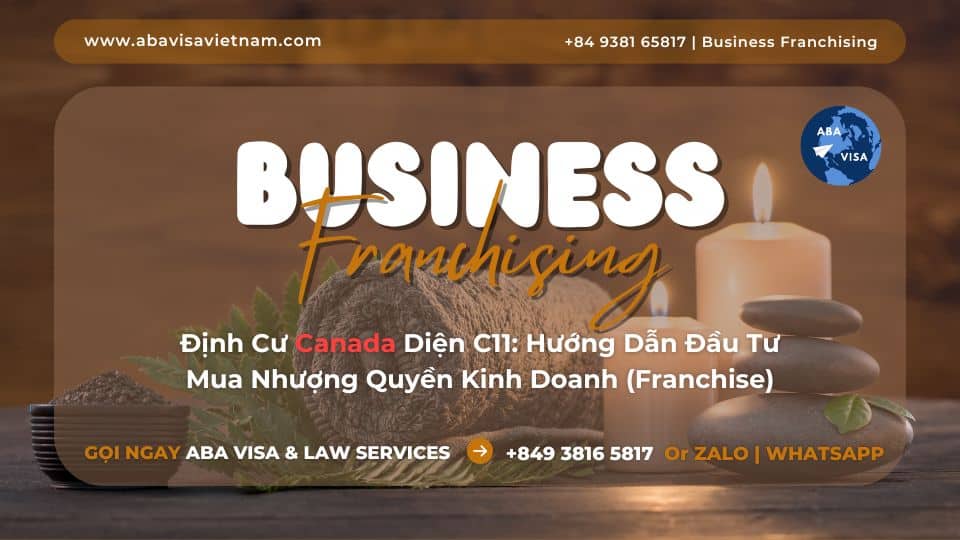Introduction to Canada's Federal Skilled Worker Program (FSWP)
FSWP Program Overview
Evaluation Criteria
The FSWP program uses the Comprehensive Ranking System (CRS) points system to evaluate candidates based on many factors:
- Age: Younger candidates are often given preference.
- Education: Academic degrees and certificates are highly regarded.
- Work experience: Full-time or equivalent work experience in specific industries.
- Language skills: Ability to speak English or French fluently.
- Other factors: Includes adaptability and a job offer from Canada.
Application Process
Interested candidates need to create a profile in the Express Entry system, which includes personal details, education, work experience, and language skills. The system calculates each candidate’s CRS score and ranks them in the pool of candidates. Those with the highest scores receive an Invitation to Apply (ITA).
Benefits of Joining the Program
Those approved for the FSWP will be granted Canadian permanent residency, opening up the opportunity to live, work and study in one of the world’s leading quality of life countries. Benefits include:
- Job opportunities and career development: Canada has a developed economy and diverse labor market.
- Quality of life: Safe living environment, advanced medical and educational services.
- Welfare: Comprehensive social welfare system supports the whole family.

History and goals of the program
Beginnings and Formation
The Federal Skilled Worker Program (FSWP) was first introduced in 1967, marking a major turning point in Canada’s immigration policy. Prior to that, Canada had relied heavily on immigration policies based on nationality and race. The introduction of the FSWP completely changed Canada’s approach to attracting immigrants, shifting the focus to skills and work experience rather than nationality.
Development and Improvement
Over the decades, the FSWP has undergone many changes and improvements to meet the needs of Canada's economic and social development:
- 1980s and 1990s: The Government of Canada has made adjustments to improve the application process and ensure that the program attracts the right candidates who are likely to contribute to the economy.
- 2002: Immigration, Refugees and Citizenship Canada (IRCC) has introduced a new Points System that focuses on factors such as age, education, work experience and language skills to assess candidates. The change is aimed at attracting highly skilled workers with the potential to develop long-term in Canada.
Introducing Express Entry
- 2015: One of the most important improvements was the introduction of the Express Entry system. This system was designed to manage and process immigration applications more quickly and efficiently. The FSWP became part of Express Entry, allowing Canada to select candidates with the highest CRS scores through regular draws.
- Optimize the Application Process: With Express Entry, the application and processing process becomes more transparent, faster and easier, making it easier for highly skilled and experienced people to join the Canadian workforce.
Present and Future
Today, the FSWP continues to be one of Canada’s most popular and effective immigration programs. The Government of Canada regularly reviews and updates the program to ensure it remains relevant to economic and social needs. Recent adjustments include strengthening language and work experience requirements and expanding priority occupations to meet labour needs in specific sectors.
The Canada Federal Skilled Worker Program not only plays an important role in developing high-quality human resources for Canada, but is also part of Canada's international commitment to maintaining diversity and global integration.
Eligibility for Canada's Federal Skilled Worker Program (FSWP)
1. Age Requirement
The Federal Skilled Worker Program does not have a specific minimum or maximum age requirement, but a candidate’s age directly affects Comprehensive Ranking System (CRS) points. Candidates between the ages of 18 and 35 typically receive maximum points for age. After age 35, points are gradually reduced until age 45, after which no points are awarded.
2. Educational Requirements
Applicants must have at least a secondary school diploma. To receive higher points in the CRS, applicants should have advanced degrees such as a bachelor’s, master’s, or doctorate. Steps to take include:
Educational Credential Assessment (ECA): Credentials must be assessed by a designated body to confirm that the credential is equivalent to Canadian educational standards.
3. Work Experience
Applicants must have at least one year of continuous, paid full-time (or equivalent part-time) work experience in an occupation listed on the National Occupational Classification (NOC). The work experience must be:
- Full Time: At least 30 hours per week for at least 12 months.
- Part Time Equivalent: 15 hours per week for 24 months or equivalent combination.
- Continuous: Uninterrupted work experience.
4. Language Requirements (IELTS, TEF)
Applicants must demonstrate language proficiency by taking recognized language exams and achieving a minimum score. Common exams include:
IELTS (International English Language Testing System): For English.
Minimum IELTS Score
To be eligible for the Federal Skilled Worker Program (FSWP), applicants must achieve the following minimum scores on the International English Language Testing System (IELTS):
- Listen: IELTS 6.0 (CLB 7)
- Speak: IELTS 6.0 (CLB 7)
- Read: IELTS 6.0 (CLB 7)
- Write: IELTS 6.0 (CLB 7)
Canadian Language Benchmark (CLB) Equivalent Score
IELTS test results will be converted to CLB (Canadian Language Benchmark) scale to assess the candidate's language ability:
Below is an illustrative table of conversion between IELTS and CLB scores.
| Skill | Club 7 | Club 8 | Club 9 |
| Listen | 6.0 | 7.5 | 8.0 |
| Speak | 6.0 | 6.5 | 7.0 |
| Read | 6.0 | 6.5 | 7.0 |
| Write | 6.0 | 6.5 | 7.0 |
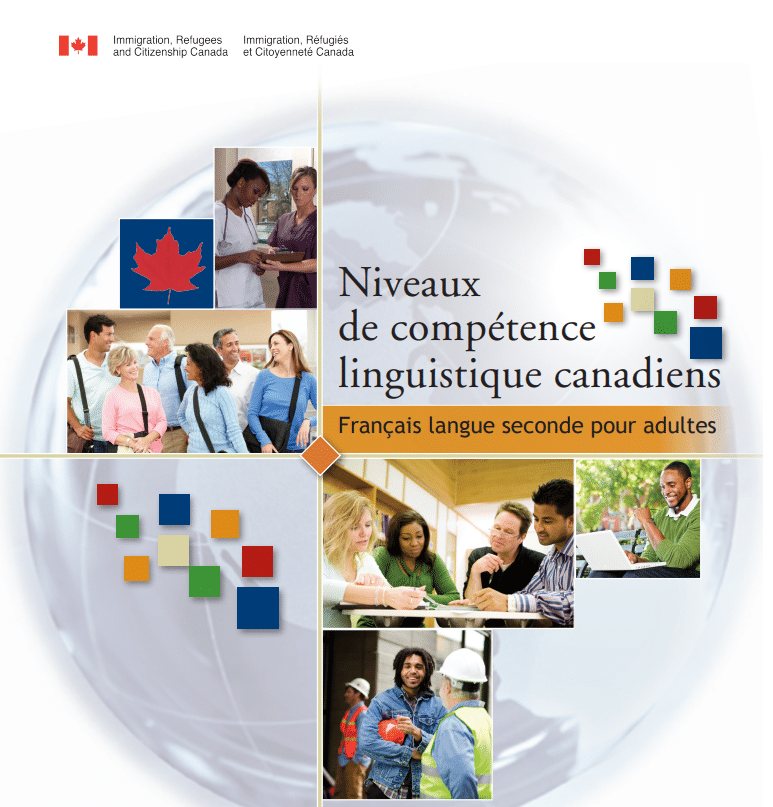
TEF (Test d'évaluation de français): For French
Minimum TEF Score
To be eligible for the Federal Skilled Worker Program (FSWP), applicants need to achieve a minimum score of the following in the TEF (Test d'Évaluation de Français) for language skills:
- Listen: 207-232 (Club 7)
- Speak: 310-348 (Club 7)
- Read: 207-232 (Club 7)
- Write: 310-348 (Club 7)
Canadian Language Benchmark (CLB) Equivalent Score
TEF test results will be converted to CLB (Canadian Language Benchmark) scores to assess the candidate's language ability:
| Skill | Club 7 | Club 8 | Club 9 |
| Listen | 207-232 | 249-279 | 280-297 |
| Speak | 310-348 | 349-370 | 371-392 |
| Read | 207-232 | 249-279 | 280-297 |
| Write | 310-348 | 349-370 | 371-392 |
5. Other Conditions
In addition to the main requirements of age, education, work experience and language, candidates must also meet a number of other conditions:
- Medical: Applicants and accompanying family members must undergo medical examinations to ensure they do not have serious medical conditions that could pose a risk to Canadian public health.
- Criminal Record: Applicants and accompanying family members must provide police clearance certificates from all countries where they have lived for 6 months or more since turning 18. These documents must demonstrate that the applicant has no criminal record.
Application Process for Canada's Federal Skilled Worker Program (FSWP)
Check Conditions
Before starting the application process, applicants need to check their eligibility for the FSWP program by assessing factors such as age, education, work experience, language skills, and other conditions.
Prepare Documents
Applicants must prepare the necessary documents and papers to prove their eligibility for the program. These documents include:
- Educational Certificate:Educational Credential Assessment (ECA) from an IRCC designated organization.
- Language Certificate: IELTS or TEF test results.
- Work experience: Confirmation letter from employer, job description and proof of employment period.
- Personal documents: Passport, birth certificate, marriage certificate (if applicable), and other documents proving family relationships.
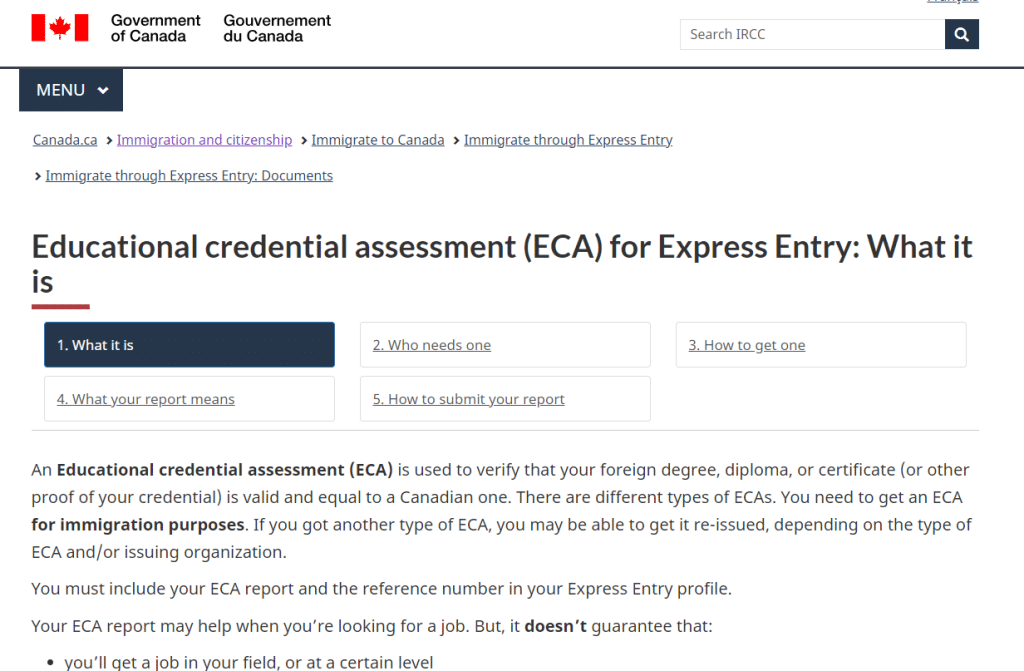
Create Express Entry Profile
Applicants need to create an online profile in IRCC's Express Entry system. In this profile, candidates will provide information about:
- Personal information
- Education level
- Work experience
- Language skills
- Other factors related to CRS score
Get CRS Score and Wait for Invitation to Apply (ITA)
After submitting an Express Entry profile, candidates will receive a CRS score based on the information provided. The candidate's profile will be entered into the Express Entry pool and compete with other candidates. The Government of Canada will hold regular draws and issue Invitations to Apply (ITAs) to candidates with the highest CRS scores.
Apply for Permanent Residency
Once an ITA is received, the candidate will have 60 days to submit an online application for permanent residence. The application for permanent residence includes:
- Application for permanent residency
- Supporting documents (educational certificates, language certificates, letters confirming work experience, etc.)
- Medical test results
- Certificate of criminal record
Payment of Fees
Applicants are required to pay application fees, which include:
- Application processing fee
- Permanent residency fee
- Other fees (if any)
Pending Application Processing
IRCC will review and process your permanent residence application. Processing times typically range from 6 to 12 months, depending on the individual case. During this time, IRCC may request additional documentation or information if necessary.
Get Decision and Prepare to Settlement
Once the application is approved, the applicant will receive a Confirmation of Permanent Residence (COPR) and instructions on obtaining a permanent resident visa. The applicant will need to prepare the final steps to move to Canada, including:
- Accommodation arrangements
- Plan your move
- Prepare necessary documents and luggage
The Federal Skilled Worker Program (FSWP) application process requires careful and thorough preparation. Applicants need to follow the steps above to ensure that their applications are reviewed and processed smoothly. Support from reputable immigration consulting organizations such as ABA VISA & LAW SERVICES can help applicants optimize the process and increase their chances of success.
How important is the CRS Points System to the FSWP program?
The CRS points system plays a critical role in the Federal Skilled Worker Program (FSWP). It is not only the primary tool for assessing and ranking candidates, but also ensures that those selected are those who are most likely to contribute to Canada. The CRS creates a fair and flexible competitive environment that helps Canada maintain high standards for immigration and respond to changing labour needs.
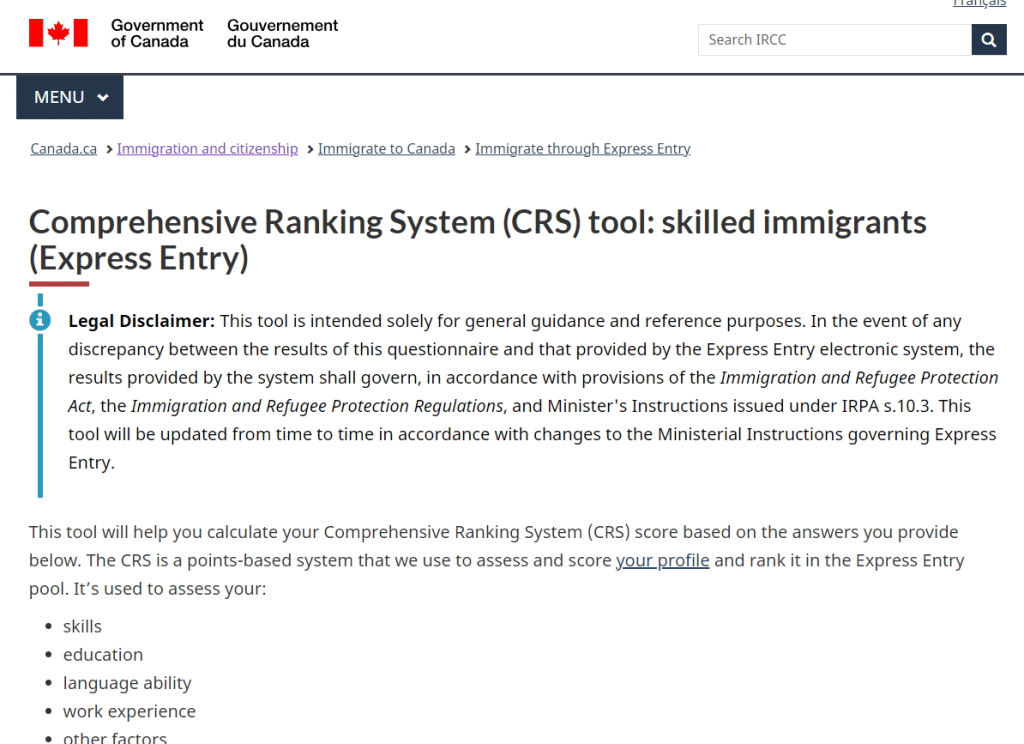
Comprehensive Ranking System (CRS) Explained
Point system CRS (Comprehensive Ranking System) is a tool used to assess and rank candidates in Canada’s Express Entry system. The CRS calculates points based on a number of factors, including age, education, work experience, and language skills. Here are details about the factors and how the CRS points are calculated:
1. Demographic Factors
Age (Maximum 110/100 points):
-
- 20-29 years old: Receive the highest score (110 points for single applicants, 100 points for married applicants).
- Scores decrease from age 30 onwards.
Education Level (Maximum 150/140 points):
-
- PhD: 150 points.
- Master's degree or professional degree (such as doctor, dentist): 135 points.
- Bachelor's degree: 120 points.
- College degree: 98 points.
Work Experience (Maximum 80/70 points):
-
- 5 or more years of work experience in Canada: 80 points.
- 1 year of work experience in Canada: 40 points.
Language Skills (Maximum 136/128 points):
-
- Listening, speaking, reading, and writing skills in English or French.
- CLB (Canadian Language Benchmark) from 7-9: Increasing score.
2. Skills and Experience Factors
Second Language Skills (Maximum 24 points): Extra points for second language skills (English or French).
Overseas Work Experience (Maximum 50 points): Work experience outside Canada also counts for points.
3. Adaptability Factor
Spousal Factor (Maximum 40 points): Spouse's education, language skills and work experience are also scored.
Canadian Work Experience (Maximum 10 points): Additional points if the applicant or spouse has work experience in Canada.
4. Additional Factors
Job Offer Letter (Maximum 200 points): A job offer from a Canadian employer can add 50-200 points, depending on the type of job.
Provincial Nomination (PNP) (600 points): Being nominated from a Canadian province adds 600 points, virtually guaranteeing an ITA.
5. Maximum Total Score
Candidates can score up to 1200 points in the CRS system:
- 600 points from core factors (age, education, work experience, language skills).
- 600 points from additional factors (job offer, provincial nomination).
Instructions on How to Calculate CRS (Comprehensive Ranking System) Score
To calculate your CRS score, you need to evaluate each factor that the CRS system considers. Here are the specific steps to calculate your CRS score:
1. Demographic Score (Core Human Capital Factors)
Age:
- 18 years old: 99 points (single), 90 points (married)
- 20-29 years old: 110 points (single), 100 points (married)
- 30 years old: 105 points (single), 95 points (married)
- 31 years old: 99 points (single), 90 points (married)
- 32 years old: 94 points (single), 85 points (married)
- 33 years old: 88 points (single), 80 points (married)
- 34 years old: 83 points (single), 75 points (married)
- 35 years old: 77 points (single), 70 points (married)
- 36 years old: 72 points (single), 65 points (married)
- 37 years old: 66 points (single), 60 points (married)
- 38 years old: 61 points (single), 55 points (married)
- 39 years old: 55 points (single), 50 points (married)
- 40 years old: 50 points (single), 45 points (married)
- 41 years old: 39 points (single), 35 points (married)
- 42 years old: 28 points (single), 25 points (married)
- 43 years old: 17 points (single), 15 points (married)
- 44 years old: 6 points (single), 5 points (married)
- 45 years and over: 0 points
Education Level:
- PhD: 150 points (single), 140 points (married)
- Master's degree or professional degree: 135 points (single), 126 points (married)
- Bachelor's degree: 120 points (single), 112 points (married)
- College degree: 98 points (single), 91 points (married)
- High school: 30 points (single), 28 points (married)
Work Experience (In Canada):
- 1 year: 40 points (single), 35 points (married)
- 2 years: 53 points (single), 46 points (married)
- 3 years: 64 points (single), 56 points (married)
- 4 years: 72 points (single), 63 points (married)
- 5 years or more: 80 points (single), 70 points (married)
Language Skills (IELTS/TEF):Maximum score for listening, speaking, reading, writing skills: 34 points each skill (single), 32 points each skill (married)
2. Skill Transferability Factors
Language Skills and Education:
- CLB 9 or higher + PhD: 50 points
- CLB 9 or higher + master's degree: 50 points
- CLB 9 or higher + bachelor's degree: 50 points
Work Experience Outside Canada and Language Skills: 1 year or more of work experience outside of Canada + CLB 9 or higher: 50 points
3. Adaptability Score (Additional Factors)
Job Offer:mJob offer from a Canadian employer: 50-200 points depending on the type of job
Provincial Nomination (PNP): Nominated from a province: 600 points
4. Calculate Total CRS Score
Your total CRS score will be calculated by adding up all the points from the above factors. The maximum score is 1200 points.
For example
Let's say you are a single candidate with the following factors:
- 28 years old: 110 points
- Master's degree: 135 points
- 3 years of work experience in Canada: 64 points
- IELTS (CLB 9) for all skills: 34 * 4 = 136 points
- No work experience outside Canada
- No job offer or provincial nomination
Your total CRS points will be: 110 (age) + 135 (education) + 64 (Canadian work experience) + 136 (language skills) = 445 points.
By understanding the factors and how the CRS score is calculated, you can determine your position in the Express Entry system and optimize your score to increase your chances of receiving an Invitation to Apply (ITA) for Canadian permanent residence.
Benefits of Immigrating to Canada through the FSWP Program
Settling in Canada through the Federal Skilled Worker Program (FSWP) offers many attractive benefits, giving candidates and their families the opportunity to build a new life and develop comprehensively in one of the countries with the world's leading quality of life. Below are the main benefits of settling in Canada through the FSWP program:
Career Opportunities and Development
Canada has a developed economy and a diverse labor market, creating many job opportunities for immigrants. Highly skilled and qualified workers will easily find suitable jobs and have the potential to develop a sustainable career.
High Labor Demand: Canada is always in need of skilled and experienced workers in many industries, from information technology, engineering, healthcare, to finance and education.
Protecting Workers' Rights: Canadian labour laws protect workers' rights and ensure a safe and fair working environment.
High Quality of Life
Canada is renowned for its high quality of life, which includes factors such as a safe living environment, modern infrastructure and quality public services.
Security: Canada is ranked as one of the safest countries in the world with low crime rates.
Living Environment: Beautiful natural landscapes, fresh air and green, clean, beautiful cities.
Advanced Education System
Canada has an advanced and high-quality education system, from preschool to university and graduate school.
Free Public Education: Children between the ages of 5 and 18 receive free public education.
Top Universities: Many Canadian universities are ranked among the best in the world, offering world-class study and research opportunities.

Comprehensive Medical Services
Canada provides public health services free or at very low cost to all permanent residents and Canadian citizens.
Public Health Insurance: Each province has its own health insurance program, ensuring that all citizens receive adequate and timely medical care.
Health Care: The Canadian health care system is renowned for its high quality health care and comprehensive medical services.
Comprehensive Social Welfare
Canada has a comprehensive social welfare system that supports families and individuals in difficult situations.
Unemployment Benefits: Financial support for people who have lost their jobs or are temporarily unemployed.
Family Allowance: Financial assistance for families with children, including child support and education assistance programs.
Immigration Opportunity for the Whole Family
The FSWP allows applicants to bring their families with them, including spouses and dependent children.
Citizen Rights: Family members also enjoy the same health, education and social welfare benefits as the principal immigrant.
Social Integration: Families have the opportunity to integrate and build a new life in Canada, creating a stable and happy living environment.
Why ABA VISA & LAW SERVICES?
ABA VISA & LAW SERVICES prides itself on providing professional, dedicated and efficient consulting services. Our team of immigration lawyers and experts are always updated with the latest changes in Canadian immigration policy, ensuring that our clients' applications always meet current requirements.
Immigration Strategy Consulting: We carefully analyze our clients' profiles and recommend the most suitable immigration strategy, increasing the chances of success.
Document Preparation Support: ABA VISA & LAW SERVICES guides clients to prepare and submit applications accurately and completely, avoiding errors that may slow down the review process.
Comprehensive Support for Immigration Programs
We provide comprehensive support services for many Canadian immigration programs, including:
- Federal Skilled Workers (FSWP): Consulting and supporting to complete documents according to the requirements of the FSWP program.
- Provincial Nominee Program (PNP): Help clients learn about and apply for nomination from Canadian provinces.
- Canadian Experience Class (CEC): Assisting people with Canadian work experience to transition to permanent residency.
- Family Class: Support families to sponsor relatives to immigrate to Canada.
Advice From The Experts
With extensive experience and in-depth knowledge of immigration law, ABA VISA & LAW SERVICES experts provide valuable advice to help clients best prepare for the application process:
- Optimize CRS Score: Guide clients on how to improve their CRS score to increase their chances of receiving an Invitation to Apply (ITA).
- Post-Settlement Support: Provide information and support for issues that arise after customers have settled in Canada.
Service Quality Commitment
ABA VISA & LAW SERVICES is committed to providing high quality services, accompanying customers throughout the immigration process. We always put the interests of customers first, ensuring that all processes take place smoothly and effectively.
- Reputation and Professionalism: We build our reputation on quality service and customer satisfaction.
- Transparent and Clear: All information about the process and requirements are provided by us in a transparent and clear manner.
With ABA VISA & LAW SERVICES, your dream of settling in Canada will become easier and more feasible than ever. Let us help you conquer the important steps on the road to a bright future in Canada.
Notes When Participating in the Canadian Federal Skilled Worker Program (FSWP)
Common Mistakes When Submitting an Application
Applying for the Federal Skilled Worker Program (FSWP) can be a complex process that requires careful preparation. Here are some common mistakes applicants should avoid:
- Missing Information or Documentation: Failure to provide complete or accurate information and required documents may result in rejection of the application or delay in the review process.
- Low Language Score: Not achieving a sufficient score in a language test (IELTS or TEF) is one of the most common reasons for rejection. Applicants must ensure that they achieve a minimum language score of CLB 7.
- Does Not Meet Work Experience Requirement: Insufficient or discontinuous work experience can also affect your CRS score and your chances of receiving an ITA.
- Lack of Thorough Preparation: Failure to thoroughly research program procedures and requirements, resulting in incomplete or improper application submission.
- Errors in CRS Scoring: Not calculating your CRS score accurately, leaving candidates unsure of whether they qualify or not.
Advice From Immigration Experts
To increase your chances of success when applying for the FSWP, applicants should follow the following advice from immigration experts:
- Prepare Carefully: Research the FSWP process and requirements thoroughly. Make sure all required documents and information are prepared thoroughly and completely.
- Improve Language Skills: Invest in learning and improving your language skills to achieve high scores in IELTS or TEF exams. This will not only improve your CRS score but also increase your chances of success in integrating and working in Canada.
- Accumulate Work Experience: Make sure your work experience is continuous and well documented. Try to gain more work experience in occupations listed in the NOC list.
- Maximize CRS Score: Learn and apply ways to maximize your CRS points, such as pursuing a higher degree, improving your second language skills, or seeking job offers from Canadian employers.
- Use Professional Consulting Services: If possible, seek professional immigration consulting services such as ABA VISA & LAW SERVICES to receive detailed support and guidance, making the application process easier and more efficient.
Support Resources and Services
To ensure a successful application process, applicants can take advantage of the following resources and support services:
- IRCC Official Website: Provides detailed information on FSWP program requirements and processes. IRCC Website
- Immigration Consulting Services: ABA VISA & LAW SERVICES provides professional consulting services to help you prepare your application and maximize your CRS score.
- Document Preparation Instructions: Detailed articles and tutorials from trusted sources, helping you better understand the program steps and requirements.
- Language Courses: Enroll in English or French courses to improve your language skills, which will increase your CRS score and your chances of success. (If you need advice on suitable programs and study paths, please contact us via Hotline: 0938165817)
Frequently Asked Questions (FAQ) For The Federal Skilled Worker Program (FSWP)
How Long Does It Take to Process an Application?
Processing times for Federal Skilled Worker Program (FSWP) applications through the Express Entry system typically range from 6 to 12 months, depending on the individual circumstances and the status of the applicant’s application. This includes the time from receiving an Invitation to Apply (ITA) to a final decision on the permanent residence application.
Can I Apply While Outside Canada?
Yes, applicants can apply for the FSWP from any country in the world. This program does not require applicants to be in Canada at the time of application. An Express Entry profile can be created and submitted online through the Immigration, Refugees and Citizenship Canada (IRCC) website.
What Happens If I Don't Get Enough CRS Points?
If your CRS score is not high enough to receive an Invitation to Apply (ITA) in draws, you can improve your score by:
- Improve Language Skills: Get higher scores in IELTS or TEF exams.
- Improve Your Education: Complete additional courses or earn advanced degrees.
- Gain More Work Experience: Especially work experience in Canada.
- Find Job Offers: Receive a valid job offer from an employer in Canada.
- Provincial Nominations: Participate in Provincial Nominee Programs (PNPs) to receive an additional 600 CRS points.
If after a year your profile is still not selected, you can create a new profile and keep trying.
Does the Program Support Settlement for the Whole Family?
Yes, the FSWP allows applicants to bring their family with them, including their spouse and dependent children. Accompanying family members receive the same benefits as the primary applicant, including the right to live, work, and study in Canada. When you apply, you will need to provide information and documentation proving your family relationship, and all accompanying family members must also meet medical and police requirements.
